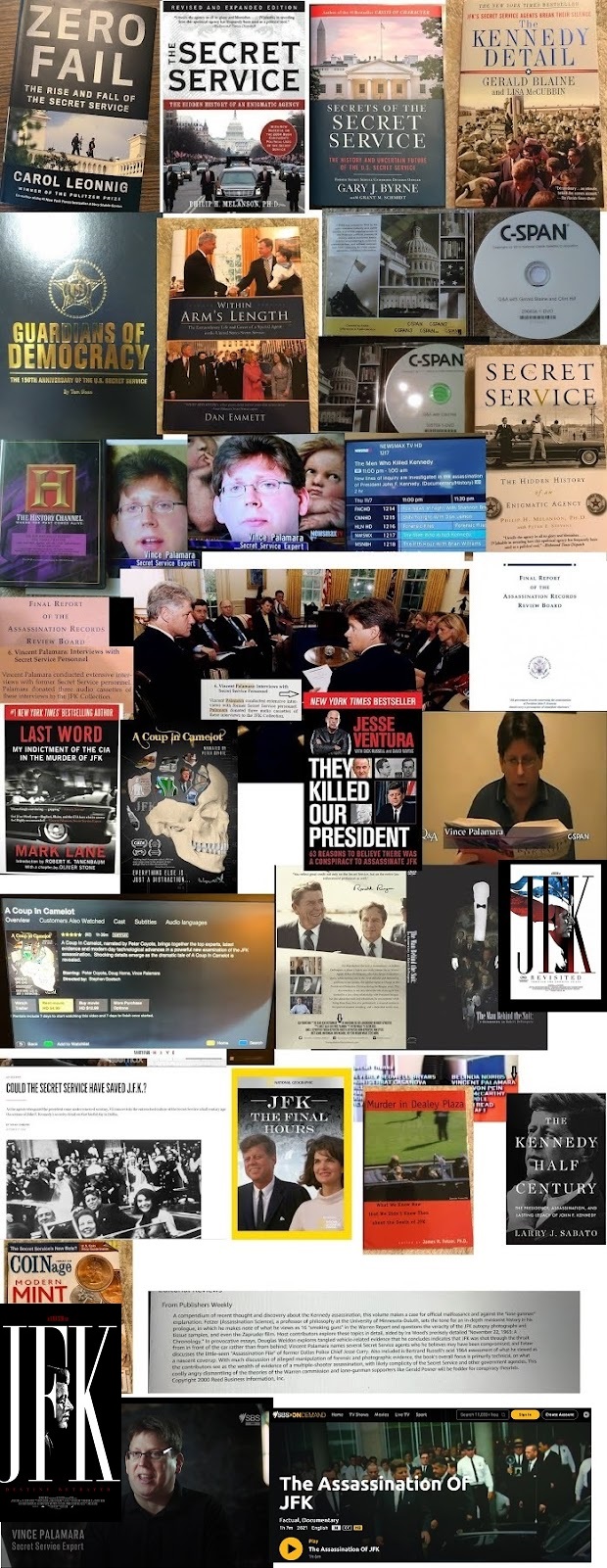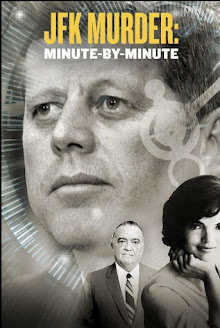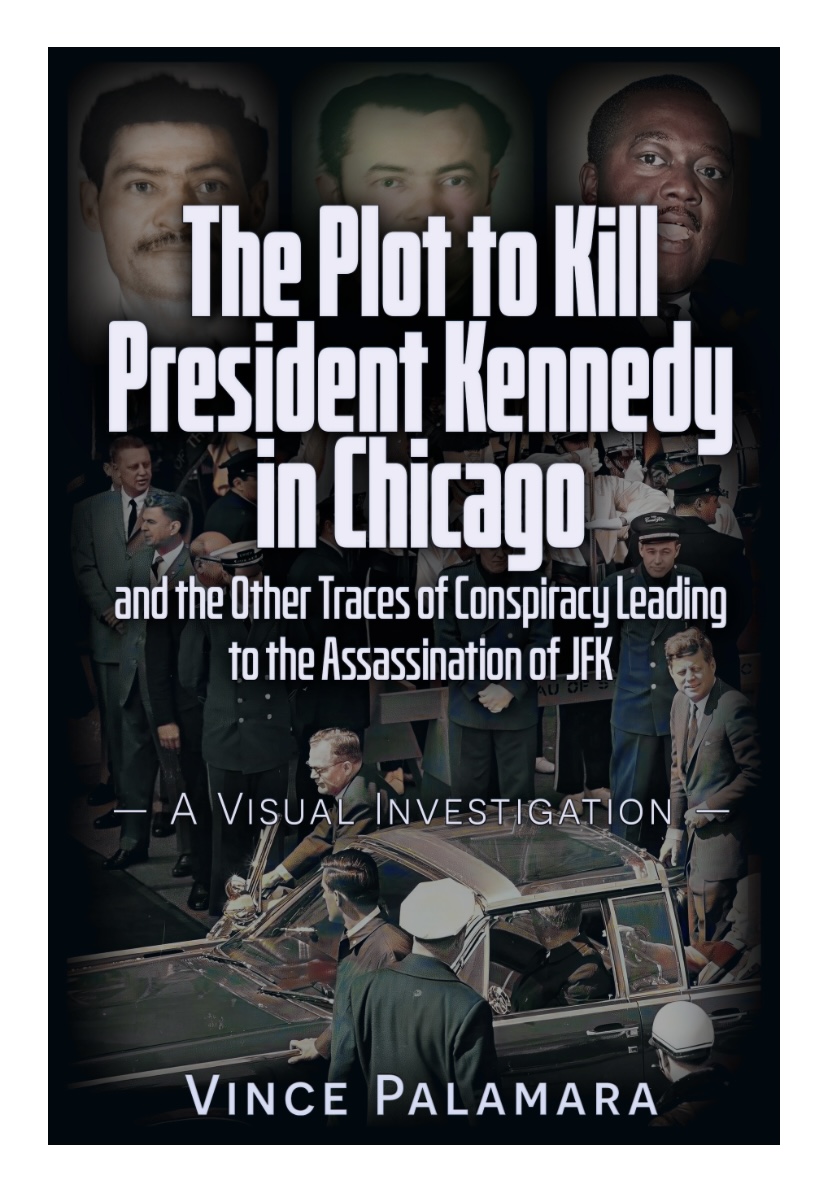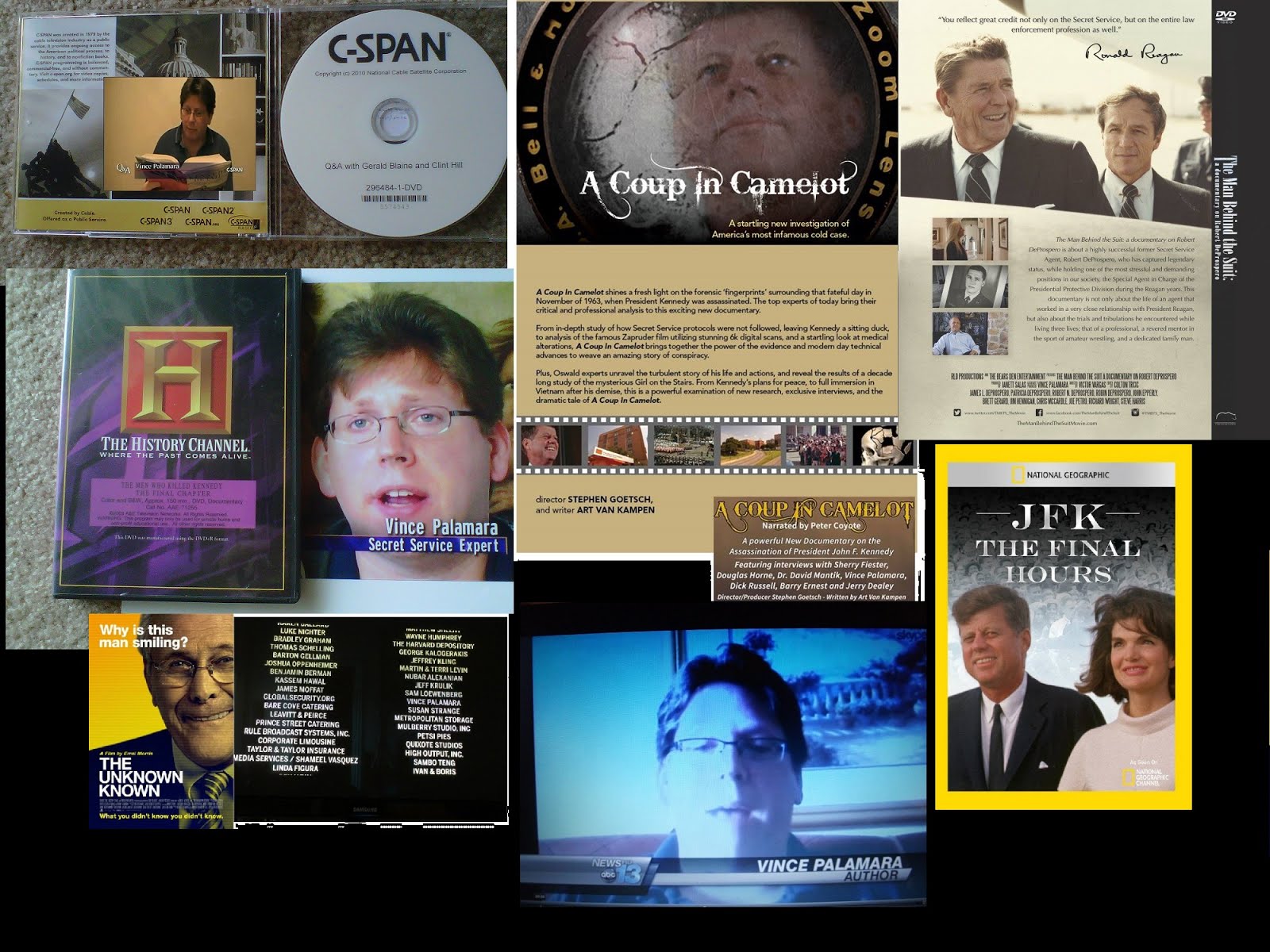Authors’ books contradict reportage about Secret Service lapse in Cartagena
• COLOMBIA
• APRIL 15, 2012
• By: KAY DAY
•
•
Every cog in the wheel of the Secret Service is vital to the U.S. president’s security. After a scandal erupted in Cartagena (Colombia) and agents were sent packing, President Barack Obama’s press secretary Jay Carney said it wouldn’t “be appropriate” for the White House to comment.
Carney’s other remarks suggested the security lapse had nothing to do with the White House.
However, despite the fact an agency spokesperson claimed security had not been compromised, one former Secret Service agent gives a different impression. Some White House staffers should have known what was happening.
Dan Emmett began his new book Within Arm’s Length by recounting his lifelong dream to work as an agent. Emmett’s book is useful because he offers an insider’s overview of the various divisions within the agency and why each division is significant. Most people are familiar with the agents who directly protect the president, but other agents are just as important.
For instance, there’s a team that conducts site advances ahead of the president’s arrival at a location.
Emmett explained that site advance work “can be as simple as merely finding an arrival point for the motorcade.” Other details may seem dull, but even minor matters, such as where a bathroom is located, are equally important. There’s also a telling passage in Emmett’s book about the Service and the president’s staff.
Emmett wrote:
“On each site advance, an agent is assigned a counterpart from the president’s staff to work with. This staff person is responsible for what the president will do at the site, including activities and the sequence of events. The agent is then responsible for preparing a security plan around the president’s itinerary.”
Emmett describes this as “time-consuming, detailed work.”
Ronald Kessler, in his book In the President’s Secret Service (2009) actually predicted lapses in security. Kessler also wrote about what he perceived as a flaw:
“Most days entail risk and demands and meticulous planning—sabotaged by the Secret Service’s practice of dangerously cutting corners. Agents who are concerned that the Secret Service is on the brink of a disaster say that only a director appointed from the outside can make the wholesale changes that are needed in the agency’s management and culture.”
Aside from explaining the multi-layered agency’s organization, Emmett also shared personal experiences with different presidents during his career in the Service. Among Emmett’s observations was the characterization of President Bill Clinton’s staff as “so different from that of George Herbert Walker Bush that they could have been from another planet.” Many of Clinton’s young staff initially came off as arrogant and, said Emmett, as “possessing no significant work experience.”
Kessler interviewed current and former agents who shared personal stories about the different styles of each president. Kessler wrote:
“In contrast to Jimmy Carter, Ronald Reagan treated Secret Service agents, the Air Force One crew, and the maids and butlers in the White House with respect.”
Kessler also wrote about the difference in media depictions and a president’s actual habits:
When he was in the White House, Carter would regularly make a show of going to the Oval Office at five A.M. or six A.M. to call attention to how hard he was working for the American people.
Kessler said Carter would work for about thirty minutes after arriving. Then he’d close the door and “take a nap.”
Both books give an inside view of how the Service functions, why each agency division’s work is vital to the president’s safety and examples of challenges inherent in protecting the most powerful leader in the free world.
The White House had no comment about the lapse in Cartagena. Fact is, the president’s staff should have known about it, and they might have taken preemptive measures to prevent embarrassment for the U.S. government at the hands of the agency tasked with making sure the president comes to no harm.
Emmett’s experiences reflect a man who viewed his Service job as critical to the wellbeing of the country, and he comes across as a man of honor. Emmett and other agents who serve with integrity contrast sharply to those who were sent home in shame from Cartagena.
Print Sources
Emmett, Dan. Within Arm’s Length. Bloomington, Ind.: iUniverse, 2012.
Kessler, Ronald. In the President’s Secret Service. New York: Crown Publishers, 2009.
[Follow Kay B. Day on Twitter @TheUSReport.]
Subscribe to:
Post Comments (Atom)










































![VINCE PALAMARA [remember to scroll all the way down!]](https://blogger.googleusercontent.com/img/b/R29vZ2xl/AVvXsEjSZ-Z_puqnjl3UgdiJxBenMyIMaFhmBD-PYQUsxCtFS4UF7dJQB6n32rt9a0ZqFRPmuBoukhrMZxv6LOD9GoUGPiaShO3wj_8xL98obRAsUbIf0mXutzbq7jKDrCp8Y-Y0k9rnS5ARjQQ/s1600/11.jpg)


![CHAPTER 8 OF ARRB FINAL REPORT [I AM IN THIS REPORT, AS WELL]...HMMM---THE SECRET SERVICE DESTROYS](https://blogger.googleusercontent.com/img/b/R29vZ2xl/AVvXsEimGbOuG69gW-cgAbsfjd8p8PD-subznIjcsQXUSFq560o_kiXunf9TcH0fkOqmWuK73id6m5TyVMhWcfBrPUEee6JLbvqNZKdIVQa5Drcz568Ue6GZdf_PUtLuLwPDcucv3gOn5KGBZPw/s1600/DSCF0462.JPG)




No comments:
Post a Comment